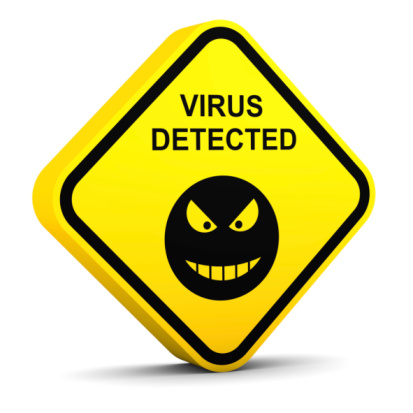-
Connect With Your Ottawa IT Service Company at (613) 828-1384
Connect With Your Ottawa IT Service Company at (613) 828-1384
 Earlier this year, a new type of ransomware appeared onto the scene; a variant of a security threat called CryptoLocker. The vulnerability becomes enabled when a user clicks a hyperlink that provides authorization for the installation of malicious malware. Essentially, this malware finds your personal files and wraps them in a strong encryption, then demands money to get the unlocking key.
Earlier this year, a new type of ransomware appeared onto the scene; a variant of a security threat called CryptoLocker. The vulnerability becomes enabled when a user clicks a hyperlink that provides authorization for the installation of malicious malware. Essentially, this malware finds your personal files and wraps them in a strong encryption, then demands money to get the unlocking key.
Once the malware encrypts every shared file that the infected machine is able to access, the software has the potential to encrypt all data on the workstation and servers it’s attached to, causing your files to become inaccessible to you and anyone who uses your network. Interestingly enough, CryptoLocker targets files that aren’t considered important by most home users.
CryptoLocker targets files which have extensions such as odt, doc, docx, xls, ppt, xlsx, pptx, mdb, accdb, rtf, mdf, dbf, psd, pdd, jpg, srf, sr2, bay, crw, and so on. Basically all of the files that are usually very valuable for businesses; suggesting that the threat is designed to target organizations.
After the encryption process has been complete, you’ll see a notice describing the requirement for you to pay a $300 “ransom” fee within 72 hours of the original encryption to obtain the unlocking key and decrypt your files.
Many organizations claim that by paying this ransom fee, you actually do obtain the key. However, there’s no promise of it and if you happen to miss the deadline, the virus uninstalls itself and the files can’t be decrypted; meaning they are lost. According to reports, antivirus vendors are struggling to prevent and undo the damage caused by this ransomware. Often, paying the ransom is your best bet for undoing the encryption.
However, there are a few tips to help you avoid this exploit. Remind all users on your network of the following:
As most organizations know, malware and ransomware happens, and may leave your computer or files in an unusable state. It’s highly recommended to regularly perform backups of your important files and make sure your colleagues are aware of the risks.